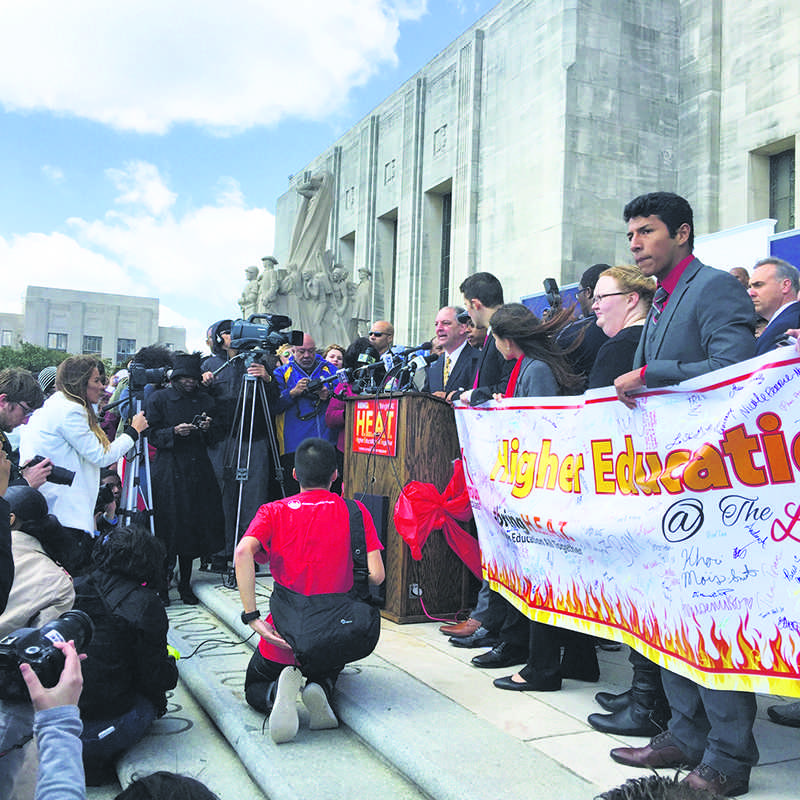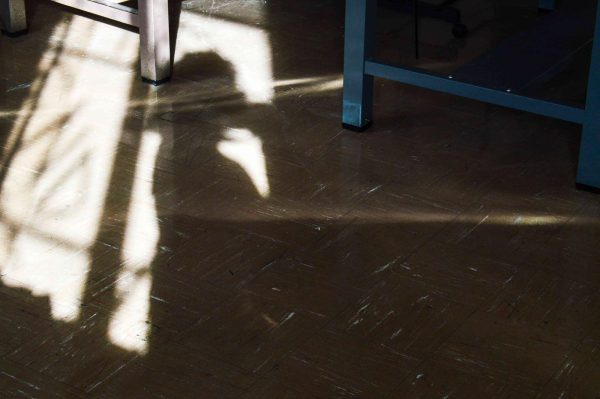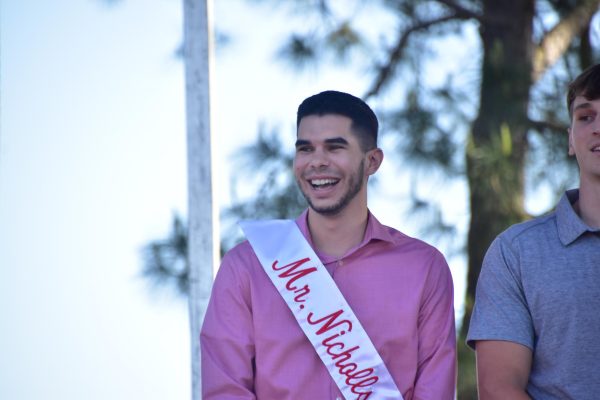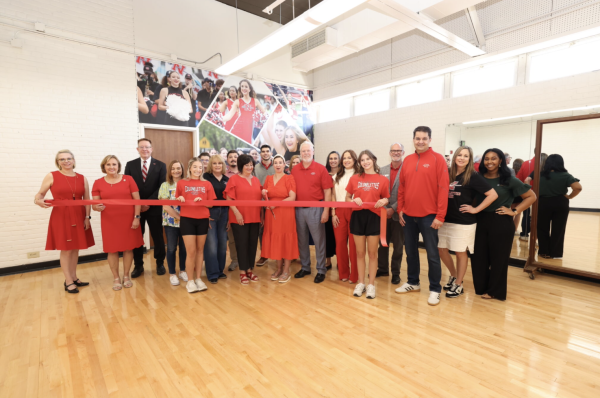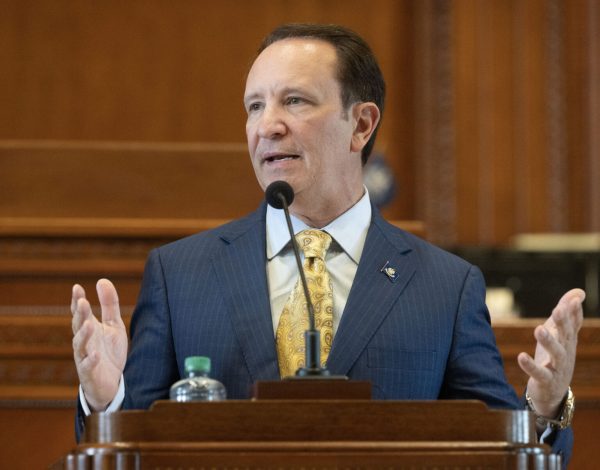Former CFO elaborates on frequently asked budget cut questions
Photo by: Lorin Crowe
Louisiana college students rally at Louisiana’s State Capital to stop higher education funding cuts.
Earlier this month, Governor John Bel Edwards’ administration notified universities across the state of a possible $131 million cut to the state’s higher education. Nicholls State University’s former chief financial officer Ronnie Rodriguez explained, while still in office, how these cuts will directly affect the University.
How is Nicholls funded?
Nicholls’ budget is funded in two distinct ways: self-generated funds and state appropriations. Self-generated funds include tuition and fees, while state appropriations are the resources the University receives from the state.
How will state budget cuts affect Nicholls?
Nicholls falls under the University of Louisiana System, and the system would be forced to absorb the $38 million cut. Each university in the system would be accountable for 32 percent of that $38 million cut, which means Nicholls could be forced to absorb a $2.5 million cut before the end of this fiscal year. If these cuts take effect, the University would need to come up with that money in the next four months.
Approximately 29 percent of Nicholls’ budget is funded through state appropriations, and the $2.5 million cut would be from that source.
What about TOPS?
In addition to the possible $2.5 million cut from state appropriations, before the end of the fiscal year Nicholls will face a $1.04 million cut to TOPS, which is considered to be a form of self-generated funding since it relates to tuition.
According to Rodriguez, after the 14th day, the University sends the bill to the Louisiana Office of Financial Assistance for reimbursement. LOFSA estimates how much money will go to TOPS awards each year, and they generally require supplemental amount to complete that funding for the year.
On Feb. 12, LOFSA announced they would resume TOPS payments up to 80 percent for this semester. LOFSA’s “supplemental amount” makes up the 20 percent to be absorbed by institutions.
“That 20 percent of the spring that we would not receive equates to a little over a $1 million for Nicholls State,” Rodriguez said. “In essence, that will be reduced moneys from the self-generated side because it comes in as tuition revenue that we will not receive. That’s a direct reduction.”
All of the spring TOPS awards have been applied to qualifying students’ accounts for this semester and students will not be required to pay back any TOPS awards.
Is this the first time Nicholls has been faced with a mid-year budget cut?
According to Rodriguez, this has happened multiple times over the last several years.
“For higher education, several years now we’ve had multiple mid-year shortfalls that we had to assume, so again that state budget amount that they said, ‘okay this is your appropriation,’ was reduced at the mid-year, which means we have to go in as an administration and start looking at things and priorities according to our strategy and see where we can reduce,” Rodriguez said.
What was all that about Nicholls closing?
Rodriguez explained that the University provides scenarios by request to the system board, which is generally requested by the Board of Regents and then the Legislative staff.
“Our key role right now besides running the University is, at this point, to be accessible and provide information up the line,” Rodriguez said. “Our role right now is to provide them as much information as possible, that means in scenarios.”
The University provided several scenarios to the system, including one where Nicholls would close for a few days to absorb the costs, but Rodriguez said until the special Legislative session is over and actual numbers are released, it is difficult to speculate.
University President Bruce Murphy, however, did promise, “Nicholls State University has every expectation that its students will complete this spring semester as scheduled. Nicholls has absolutely no intention of closing and would do so only if unprecedented cuts left the university with no other alternative. Although temporarily closing for several days could hypothetically happen at several Louisiana universities, this is the absolute last option that Nicholls would ever take.”
The special legislative session is currently underway, and legislators will vote on several bills to raise taxes and cut spending, but until at least March 9, the University will not have definite numbers.
“(Legislators) are going to look at all the options available to them and try to make hopefully the best decision for all of us,” Rodriguez said. “It’s really hard to speculate because I don’t know what resources they may have at their fingertips. Being from the outside to speculate, it’s going to take a combination of cuts and additional revenue for us to achieve what it is we need to do in the short term.”



